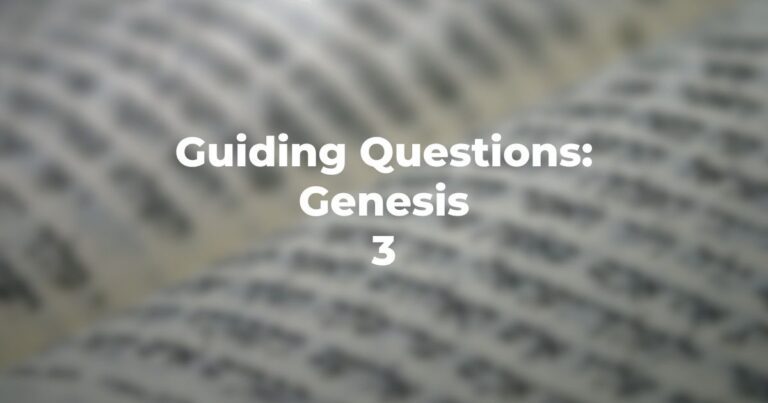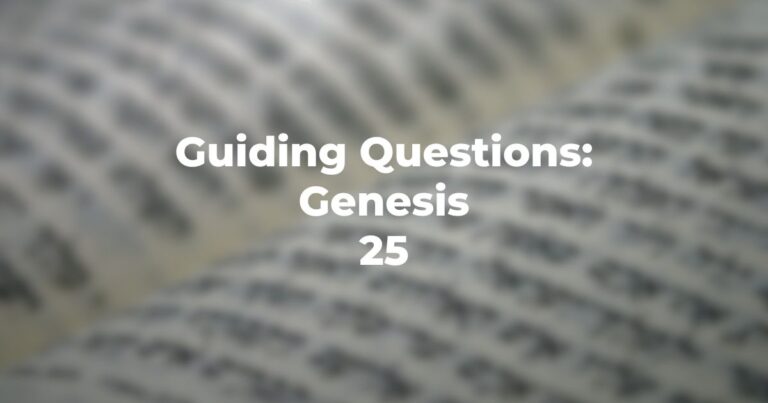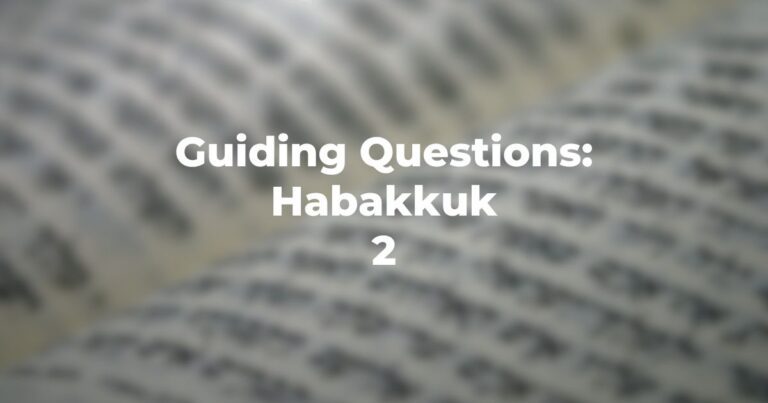- What is the destiny of the righteous person — in life and subsequently?
- Who are those born of transgression and a generation of liars?
- What is the essential transgression as set forth in Isaiah 57:5?
- Where do the worshipers find their “place of worship”?
- What is the blindness and stubbornness reflected in Isaiah 57:10?
- In Isaiah 57:11, who is the “me you have not remembered and not taken to heart (mind)”?
- Who speaks in Isaiah 57:15-16?
- Is the message in these verses one of redemption or one of moral instruction?
- What is the destiny of the evil doers (Isaiah 57:20)?
- And, in Isaiah 57:21, where has this precise refrain been encountered before in the Isaiah text?
- Would the utilization of this (and related) terminology indicate that the prophet (Isaiah III) was familiar with the message of the “prophet of the exile” (Isaiah II)?
Author
-

Exploring Judaism is the digital home for Conservative/Masorti Judaism, embracing the beauty and complexity of Judaism, and our personal search for meaning, learning, and connecting. Our goal is to create content based on three core framing: Meaning-Making (Why?), Practical Living (How?), and Explainers (What?).
View all posts





